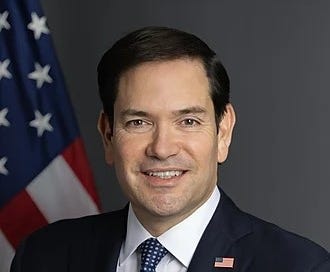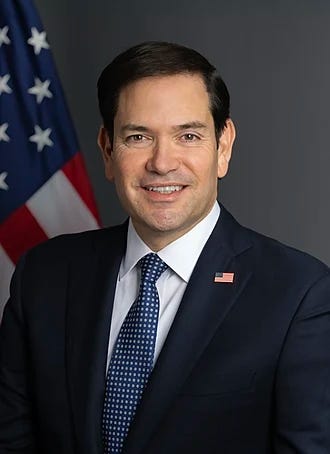In recent weeks, I have been insisting that the policy of the second Trump administration with respect to Cuba had not yet been defined, and that we should not rush to conclusions. I was aware that when Marco Rubio was designated by Donald Trump to be Secretary of State, Rubio, a strong anti-Cuba advocate, used Trump’s recent slogan of “peace through strength,” which emphasizes the maintenance of a strong military as a deterrent, avoiding costly endless wars and involvements in the affairs of other nations. I took note of the fact that Trump in recent months has not been proposing the continuation of unconventional wars against countries, like Cuba, which insist upon their sovereignty. I considered Trump’s executive order, emitted without rationale, rescinding Biden’s executive order removing Cuba from the spurious list of states that sponsor terrorism, emitted just a week before, to be more a reflection of…
© 2025 Charles McKelvey
Substack is the home for great culture



